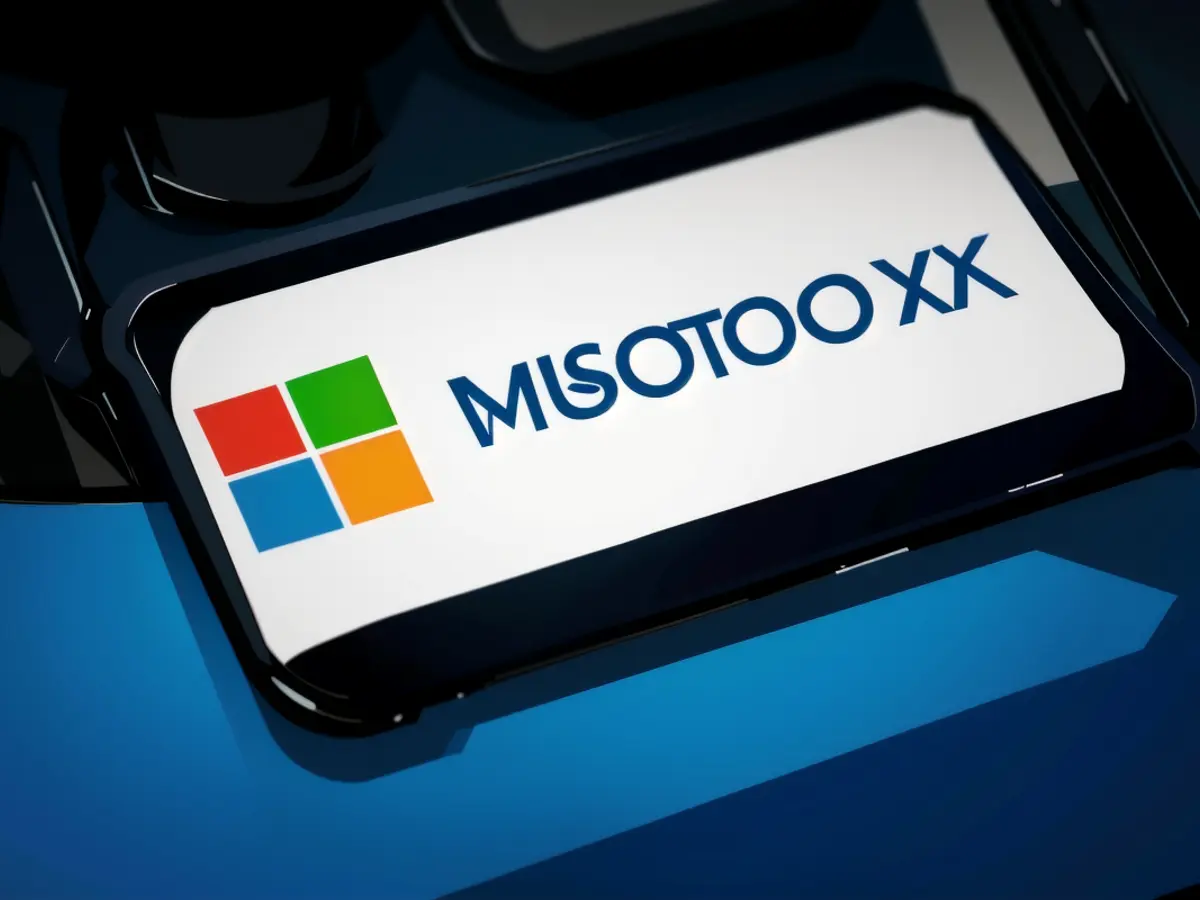Title: Warning Sounded: Email Fatigue Hackers Target Microsoft Users
Microsoft users are currently grappling with a plethora of security concerns, including sneaky 2FA bypass attempts, critical Outlook vulnerabilities, high-speed password hacking attacks, and warnings for Windows 10 users. This barrage of security alerts could practically be termed as 'security alert fatigue.' However, hackers are exploiting this fatigue to their advantage by employing unconventional methods to steal your account credentials. Let's delve into the latest Black Basta email-overload campaign.
The Email Flood and Hacking Opportunity in Black Basta Attacks
Recent analysis by Stamatis Chatzimangou, a member of the Threat Detection Engineering team at NVISO’s Computer Security Incident Response Team and Security Operations Center, reveals how Black Basta hackers are leveraging user fatigue for their nefarious purposes. Although such exploitation is not uncommon, the Black Basta attack is unique in its dual strategy of exploiting user fatigue for two-factor authentication notifications and group communication tools simultaneously.
The new threat campaign, as Chatzimangou pointed out, employs email flooding followed by a Microsoft Teams chat posing as Help Desk or IT support. This innovative approach is both ingenious and effective, capitalizing upon user fatigue to facilitate account credential theft.
The Black Basta Email-Flood Attack Chain
To understand the Black Basta attack chain, consider the following outline:
- The Black Basta hackers establish a new Microsoft 365 tenant, which masquerades as a legitimate support organization.
- They bombard the target's inbox with spam emails, each seemingly benign in nature to avoid generating too much suspicion.
- A one-on-one chat session is initiated using Microsoft Teams from the newly established tenant, offering to assist with the supposed issue.
- The victim is then convinced to grant access to their account using a legitimate remote management tool, providing the hackers with access to the victim's device.
- With remote access at their disposal, Black Basta attackers can disable security controls, deploy malware, and exfiltrate sensitive information.
Mitigating Email Fatigue Hack
To protect against this specific attack, according to Chatzimangou's advice, consider the following measures:
- Disable Teams communication from external users to prevent phishing chat messages. This isn't always feasible, so consider allowing specific domains to communicate with your organization.
- Implement anti-spam policies to prevent your mailbox from being flooded with unnecessary emails.
It is crucial to remain vigilant and proactive against such email fatigue attacks, which exploit user fatigue to their advantage.
- The recent Black Basta attack is taking advantage of Microsoft users' 'security alert fatigue' and 'email fatigue', sending a flood of spam emails to bombard their inboxes.
- This spam attack is followed by a Microsoft Teams chat posing as Help Desk or IT support, exploiting the user's fatigue to gain access to their account credentials using a legitimate remote management tool.
- Microsoft users should be aware of the risks of 'microsofy spam' and 'spam attacks' like Black Basta, which can lead to 'email hack attacks' and potential account credentials theft.
- To mitigate these risks, Microsoft support recommends disabling Teams communication from external users and implementing anti-spam policies to prevent mailbox flooding.
- Unfortunately, the success of Black Basta's 'email flooding' strategy highlights the danger of 'spam' and 'phishing' attacks, which can take advantage of users' fatigue to perpetrate cybercrimes.






